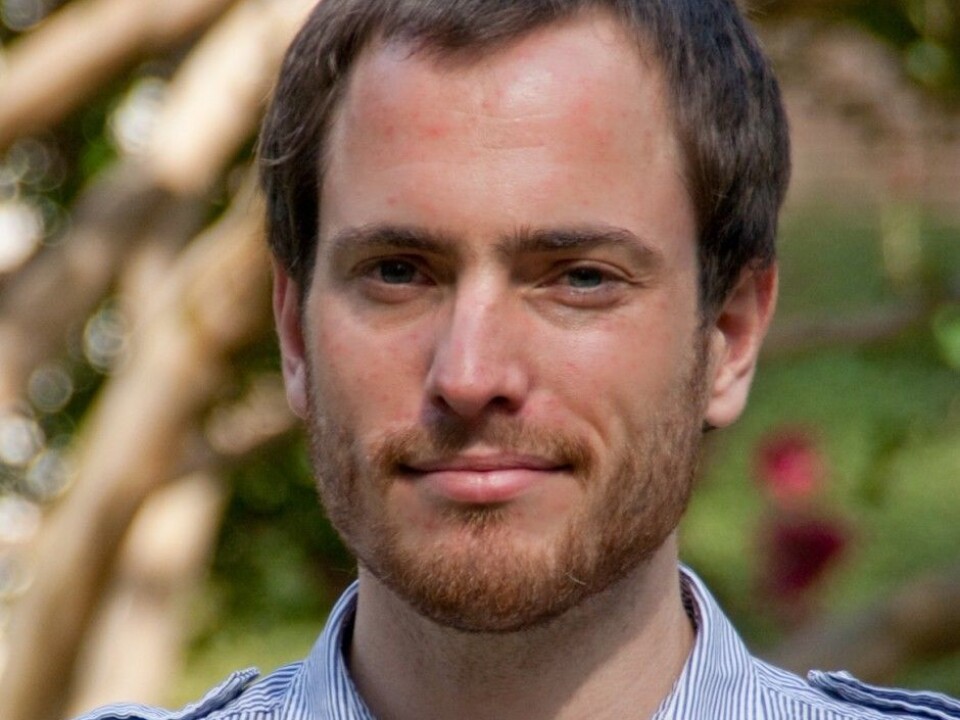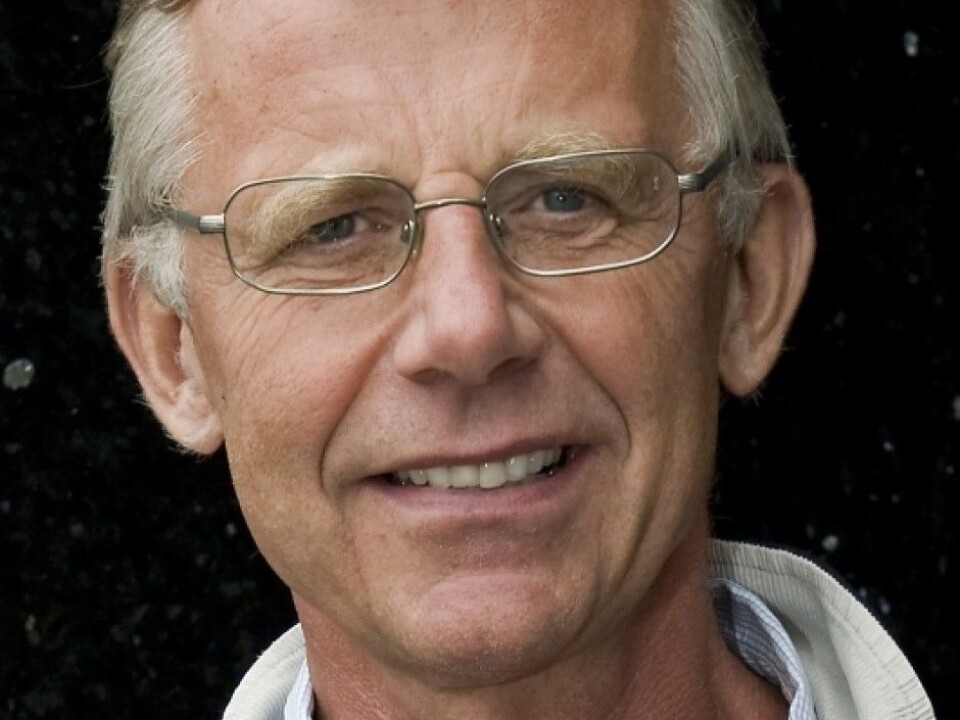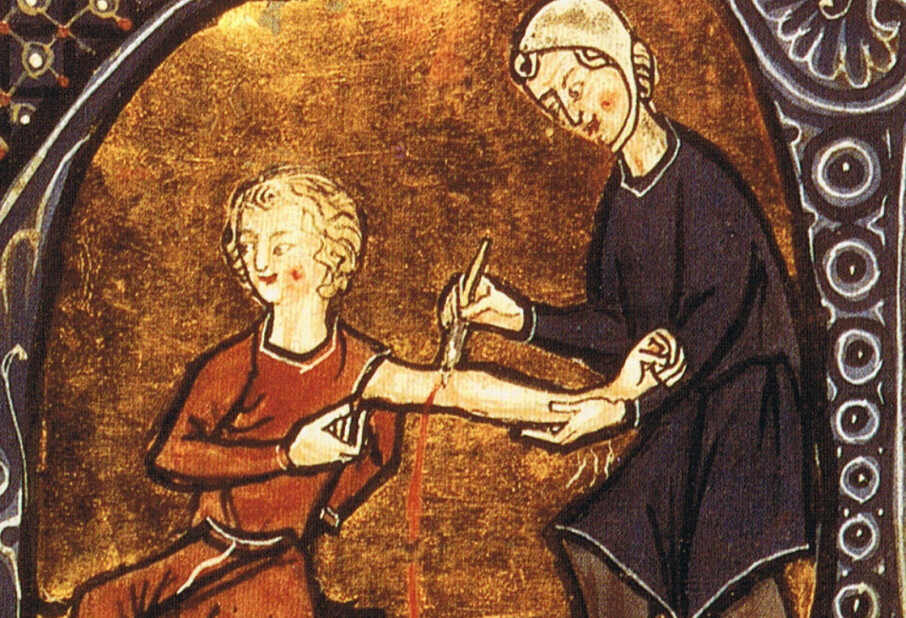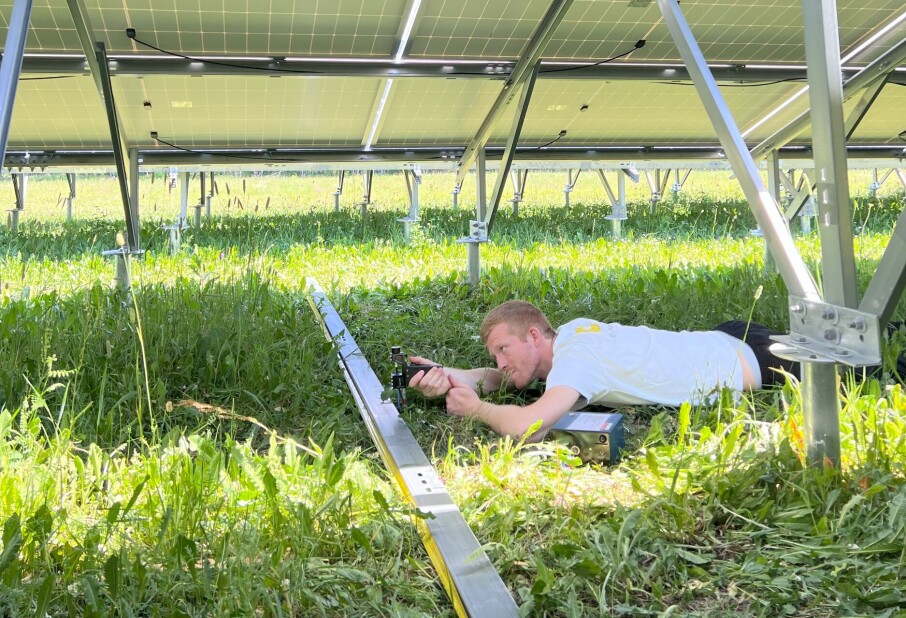
“Alcohol campaigns have the wrong focus”
Children who grow up in families with a liberal attitude toward alcohol, and who might see their parents get a bit tipsy are not at greater risk of becoming an alcoholic than others.
Denne artikkelen er over ti år gammel og kan inneholde utdatert informasjon.
Official anti-alcohol abuse campaigns in Norway have strongly emphasized the importance of parents and the environments kids grow up in when it comes to predicting when they will start drinking, and their potential future patterns of alcohol abuse.
The Norwegian Institute of Public Health has now released the results of a new study that partly undermines this approach to explaining alcohol abuse.
Your age when you start drinking is still a good indicator of whether you might develop alcohol problems later in life. But this has little to do with your social environment and more to do with genetic disposition, according to Eivind Ystrøm, a senior researcher at the institute who has researched the issue for years.
Researchers have now estimated the share inheritability plays in development of alcohol abuse among young Norwegian adults at 62 percent.

Swedish scientists announced earlier this year that people who have alcoholics in their immediate families get a bigger kick out of alcohol than others.
A study of 2,800 twins
A new study by the Norwegian Institute of Public Health is based on interviews with 2,800 twins born from 1967 to 1979. The researchers looked at whether the twin who started drinking first became more dependent on alcohol than the one who started later.
Previous Norwegian studies indicated a strong connection between early starts and dependency.
The study of twins, the first of its kind, tells a different story. Early alcohol debuts are linked to alcoholism later on, but 82 percent of this can be attributed to genetic vulnerability.

The study shows that environmental factors while growing up are important with regard to when a youth starts drinking, but these factors cannot explain more than 1 percent of why certain people develop a dependence on alcohol.
These results are backed up by plenty of international research in the field, Ystrøm says.
“Many researchers the world over have pointed out that when you compensate for problem behaviour, the link between an early alcohol debut and alcoholism disappears,” he says.
The 20s are more important
Lots of unpleasant and dangerous things can happen when young people get drunk, but when it comes to the risk of alcoholism, what happens in a person’s twenties is far more significant than what happens in their teens.
Alcoholism often starts in the early twenties, according to Ystrøm.
He thinks the Norwegian Institute of Public Health, which is responsible for creating the alcohol awareness campaigns, should take this into account.
Start with initiation week!
“These new findings show that it is much more sensible to target young adults in preventive efforts than teenagers who still live at home with their parents,” the researcher says.
The time to really worry about a young person’s use of alcohol is when they start at university or initially move away from home. Suddenly nobody is keeping an eye on them. They make new friends. Students often get cheaper alcohol and easier access to it and there is a greater acceptance at this time of life for heavy drinking.
“This is the recipe for increased alcohol consumption,” says Ystrøm.
Social sciences dominate
Norway’s research circles in alcohol and drug abuse have generally been dominated by social scientists. Ystrøm thinks this is part of the explanation why research has focused so strongly on social milieu factors rather than DNA.
He thinks it is unfortunate that the Norwegian Institute of Public Health has largely based its campaigns on the conclusions of sociologists and their academic compatriots.
Sociologist Willy Pedersen of the University of Oslo is one of the substance abuse researchers in social science circles whom Ystrøm thinks has held too much sway in such campaigns.
“Drinking belt”
Pedersen thinks Ystrøm’s study is important. He agrees that there has been an overestimation of the connection between social factors, early alcohol debuts and serious drinking problems later in life.
However, he says that his own study on the subject, published over 15 years ago, was rather open in its conclusion.
In any case, Pedersen thinks there is still good reason to try and keep young people from starting to drink at a tender age.
“Norway belongs to the ‘drinking belt’ which stretches from Russia to the Baltic countries and via Scandinavia to England,” he says.
Research shows that the risk of men committing suicide rises in proportion to an increasing consumption of alcohol, especially in the Nordic countries.
“Boozing causes more acute injuries than most people are aware of, especially among the youngest of us. It isn’t written in our genes that our drinking patterns have to be as they are," Pedersen said. "We should continue with our efforts to get teenagers to delay their alcohol debuts and drink with moderation.”
------------
Read the Norwegian version of this article at forskning.no
Translated by: Glenn Ostling


































